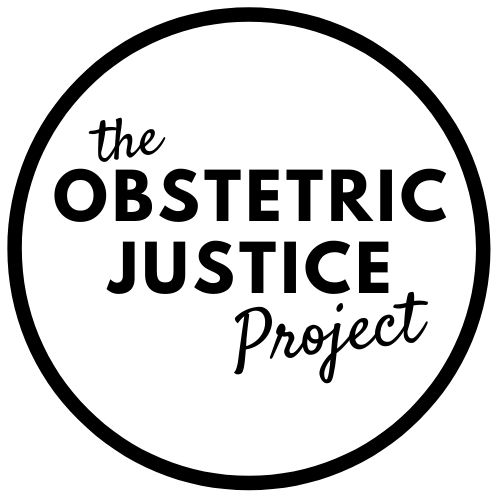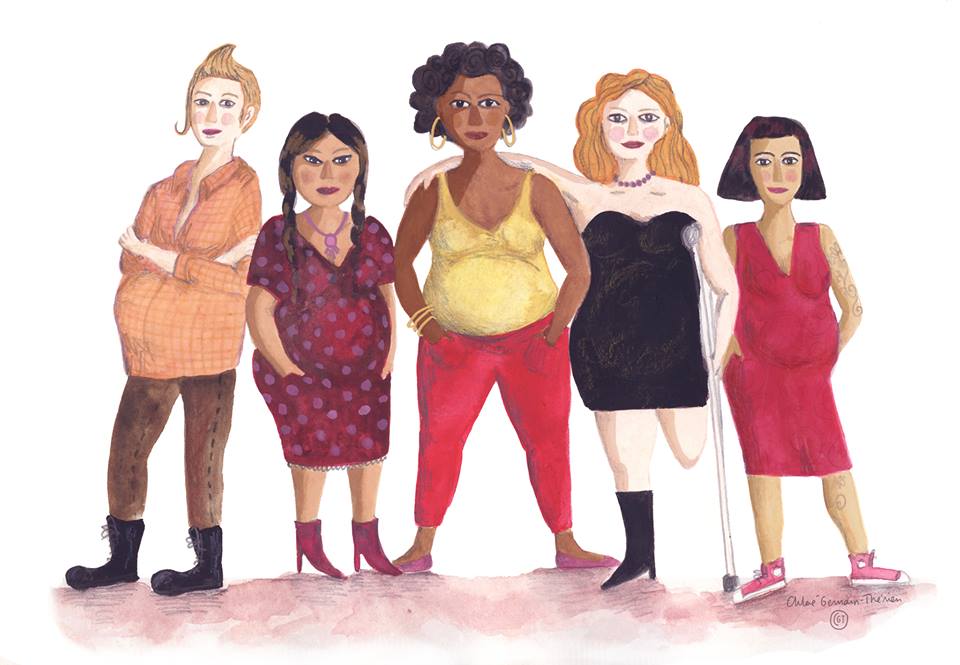Featured Stories
"I cannot rationalize the way I was treated, and as a health care provider myself it just erodes me to know this goes on day in and day out.
Read MoreS.N.T.'s Story - South Cowichan Medical Clinic, Mill Bay, British Columbia
“Instead of referring me for the procedure, he told me to discuss my choice with the father first and come back in two weeks to have another pregnancy test and blood work done, just to be sure it was safe to proceed.
Something told me to move on this faster. I ignored his advice and looked up the nearest Women's Clinic in the phone book. When I spoke to the female doctors there I learned that, had I waited those two weeks, I would have exceeded the allowable window to terminate the pregnancy. After which I would have had to prove it was a risk to my health, or take legal action to get the procedure. Even the women doctors at the clinic asked me three times if I was sure about my choice before they brought the papers out for me to sign. As I was leaving the office the receptionist called me over to double check my procedure appointment.“
…
Read MoreSans oui c'est non,même quand j'accouche! "Without a Yes, it's No, even when I'm giving birth" submitted by Regroupement Naissance-Renaissance, Montréal, Québec
Regroupement Naissance-Renaissance and the UN Special Rapporteur on the Right to Health - Montréal, Québec
“No matter what framework you use, the basic problem is that fundamental human rights in childbirth are being violated on a daily basis around the world. In North America, in Canada and in the province of Quebec human rights are being violated as well. I speak to you today of the specific rights to health which should be guaranteed to all women and birthing people.“
…
Read MoreJ's Story - Scarborough General Hospital, Ontario
“I was suicidal for years, and the way people treated me after the assault is a big factor in that. I attempted suicide about two weeks after the procedure. The hospital refused to let me stay after 72 hours because I was "just looking for a bed to mooch".
I still feel resentment about this. The main reason being it is 2018, over a decade later, and this is still a common story when it comes to sexual assault and abortions.
I was 14 and homeless. I am First Nations and gender-queer/2S. I didn't have the voice I have now, at 14. So, I never gave them feedback.”
…
Read MoreSusan's Story - Stratford General Hospital, Ontario
“The next few days were not so good and I went from being fairly well to very ill requiring emergency surgery, being cut open from my breast bone to my pubic bone. Finding out I have a large cyst and umbilical hernia and had become septic. During surgery my heart stopped up to four separate times, leaving me in very poor condition in the ICU after surgery where I was to remain for many weeks.”
…
Read MoreThe Obstetric Justice Project
Being a Doula in Toronto
“We need to feel comfortable saying “Stop!” when we see cervical checks without consent. Our clients should be the ones to advocate for themselves whenever possible, but there are times when they can’t and we must.”
…
Read MoreThe Obstetric Justice Project



